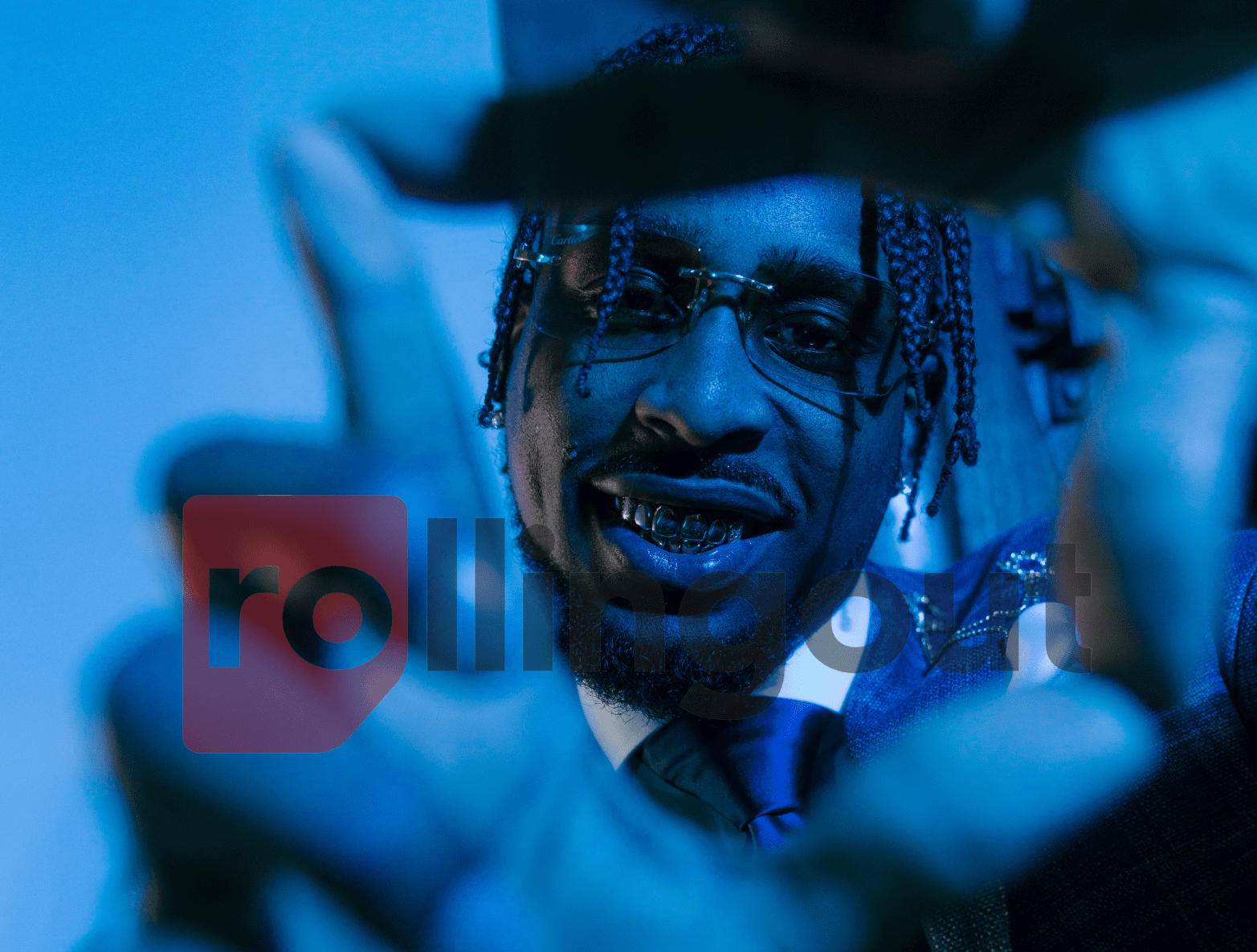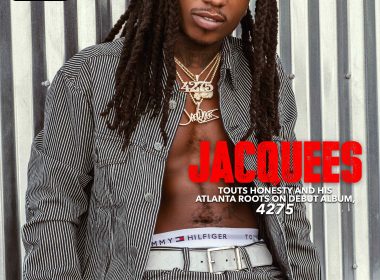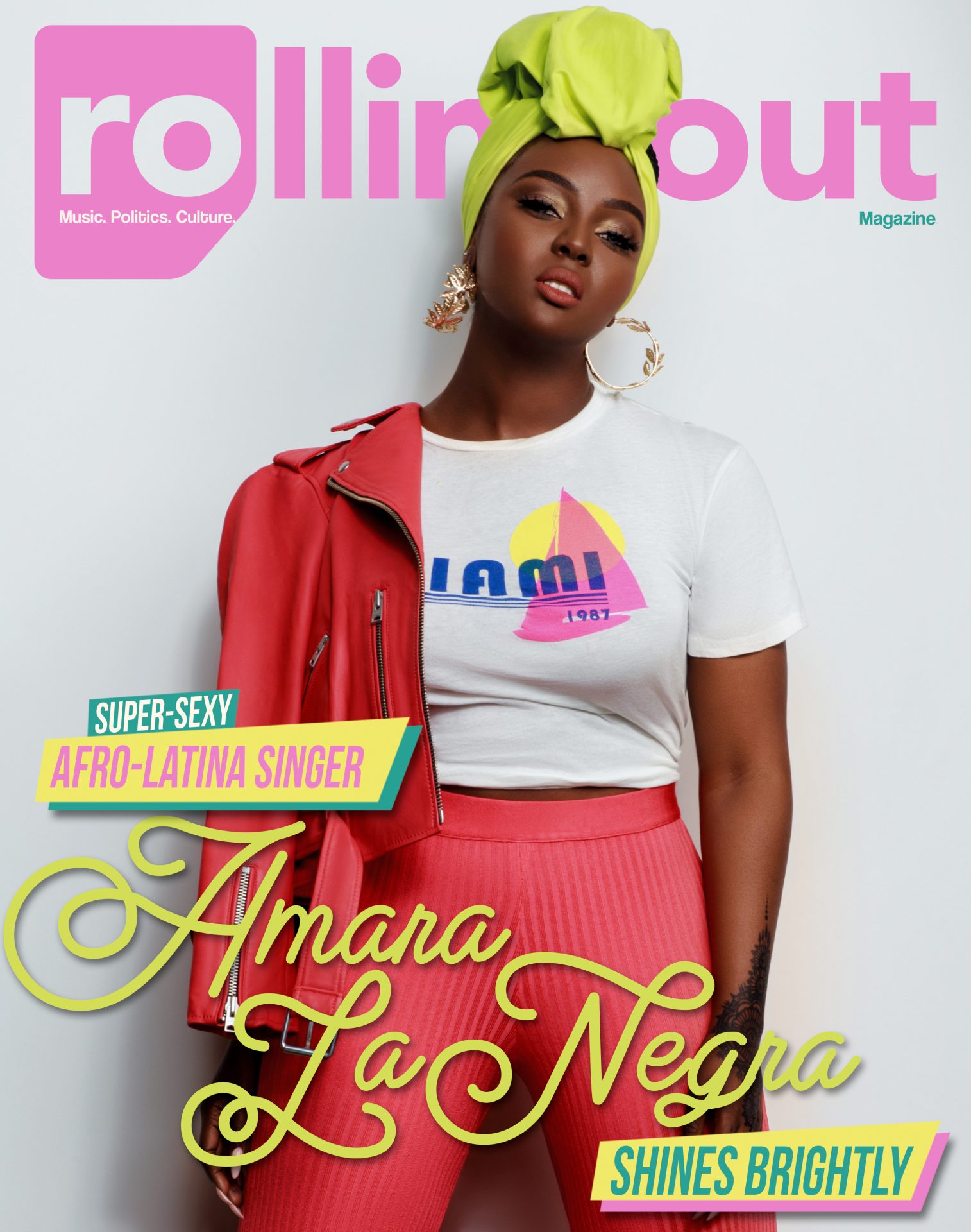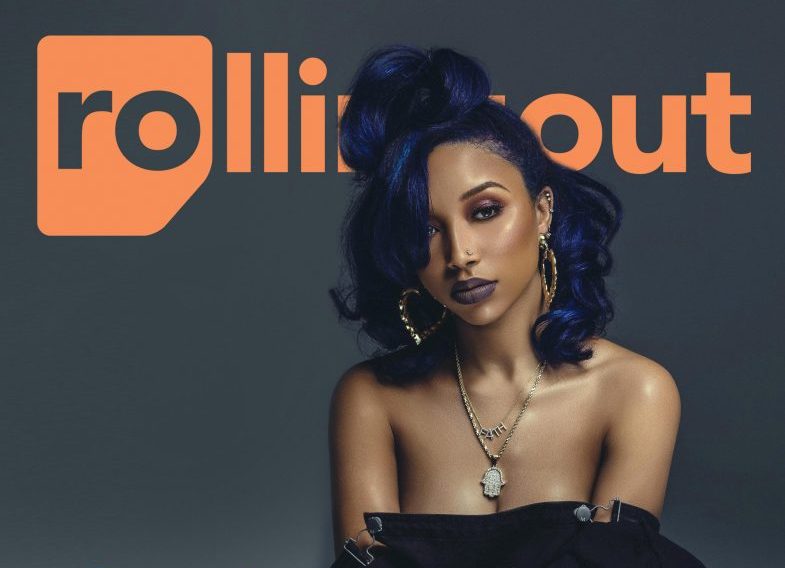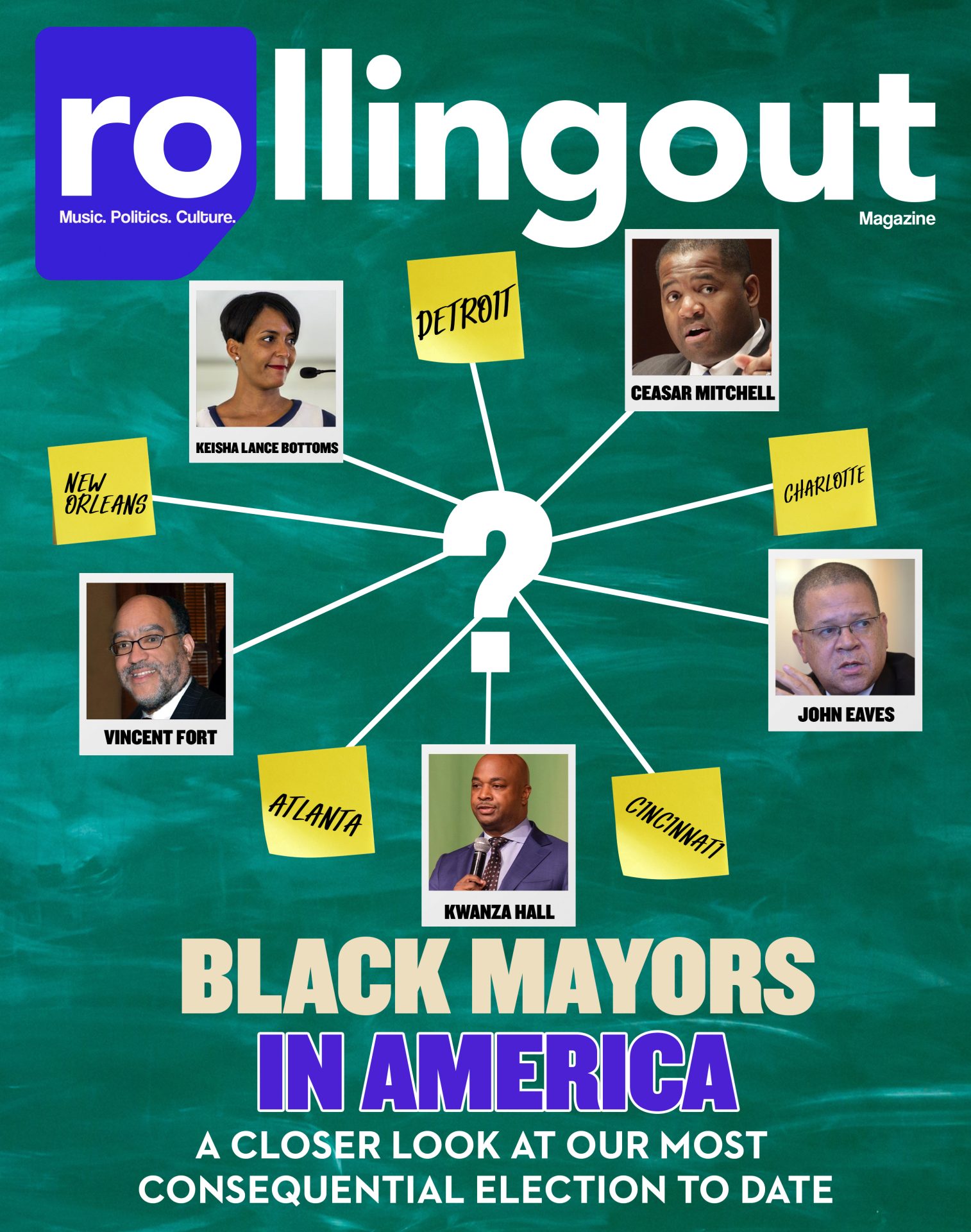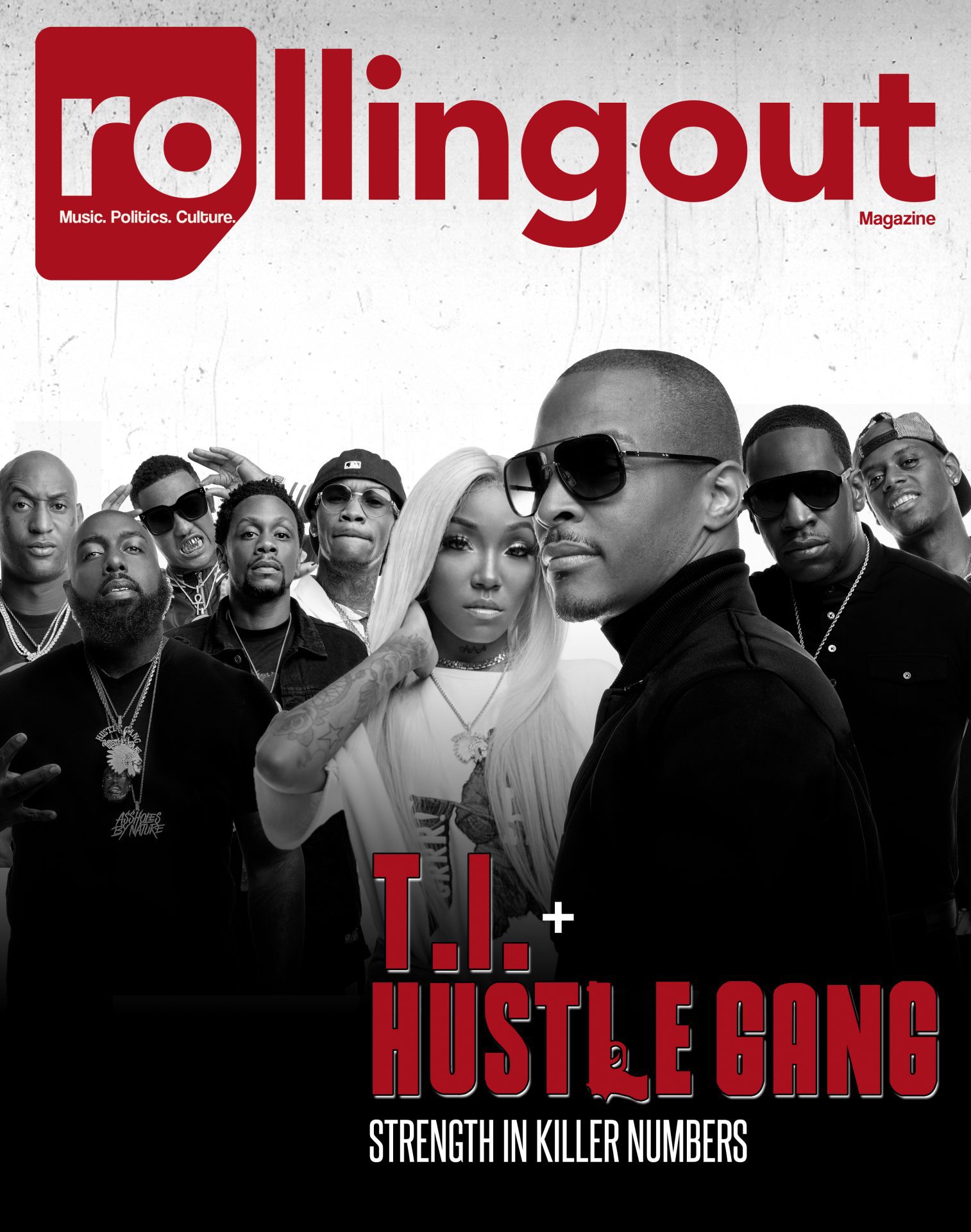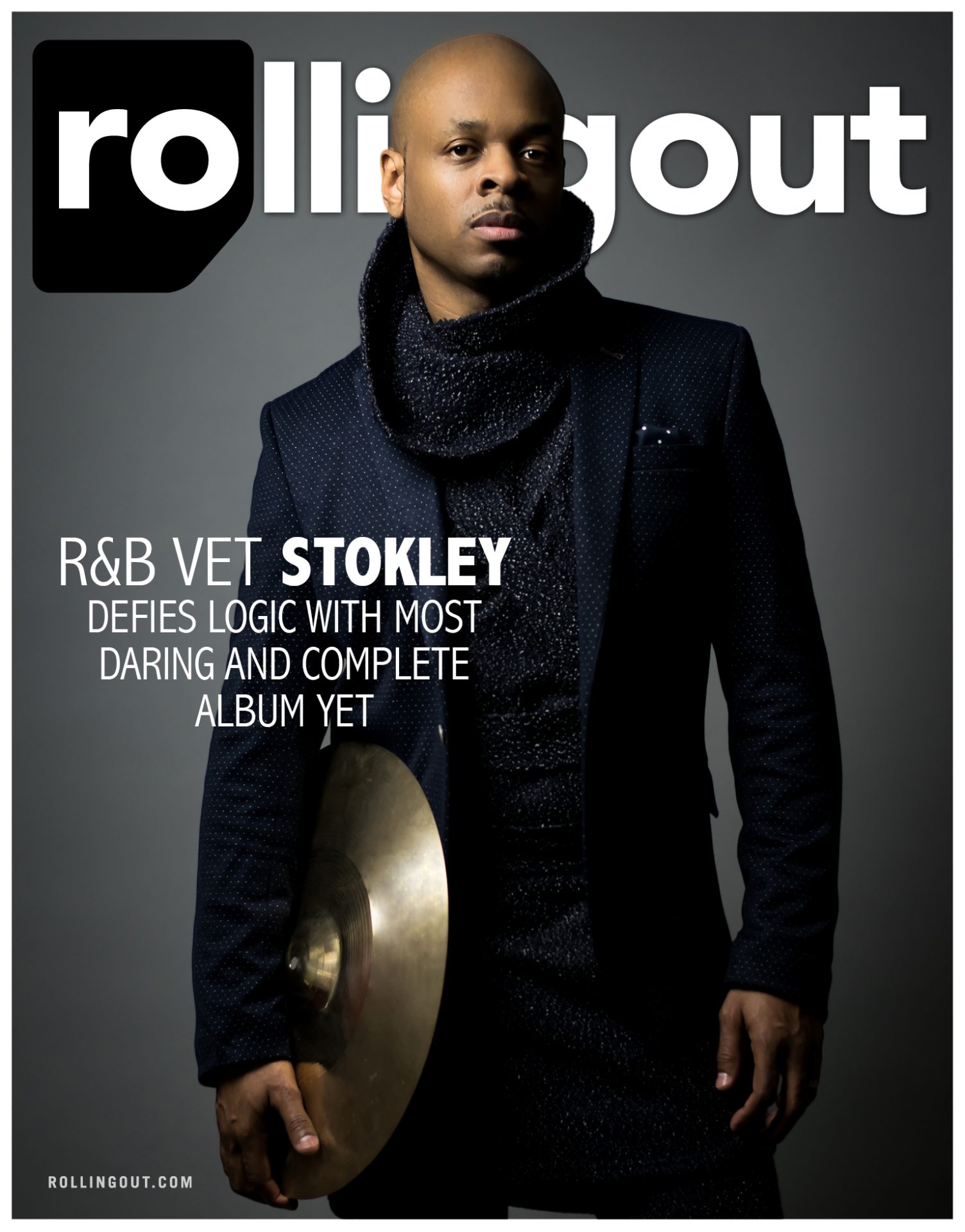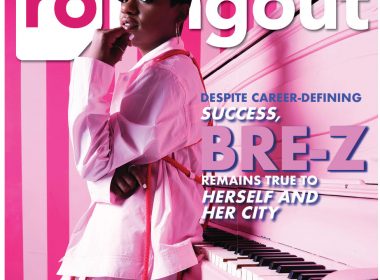A nude woman dances and grinds in front of Young Dro as the DJ plays his latest single, “We in Da City,” repeatedly. With a stack of dollar bills in hand, Young Dro reclines in the VIP section as a few more nude women emerge from the dressing room.
Some of the women glance at Young Dro’s section, while others offer to entertain several men dressed in business attire who are seated near the bar. On the opposite end of the dimly lit club, a group of men in their mid-20s throw dollar bills into the air while another nude woman dances near the pool table.
The day has just begun; it’s lunchtime at the Blue Flame.
Since opening in 1983, the Blue Flame has been recognized as one of Atlanta’s top Black strip clubs. The family-owned business is somewhat of a landmark. Along with prominent strip clubs such as Magic City, Onyx, and Follies, the Blue Flame is where adult tourists come to get a taste of Atlanta. Strip clubs in Atlanta aren’t viewed as grungy spots where old creepy men go to look at college-aged women; they’re where fantasy and the city’s intriguing music culture collide.
“When I first began at the Blue Flame, the strip club scene was taboo,” says Brenda, who has served as business manager for the Blue Flame for 17 years. “It’s a bit everywhere now. There was a time when you didn’t see female customers at the club. Now it’s more like a dance club and everyone comes. We were also a place where artists came to debut new music.”
Young Dro recalls the first time he heard his song at a strip club. Raised in the Bankhead neighborhood, minutes away from the Blue Flame, Young Dro and his crew always viewed the club as a close hangout and place to break music.
“Rocko and I had just bought all of my music from Raheem [The Dream] and I was on Rocky Road [record label],” Young Dro says. “We were back by the pool table and the DJ played my song with T.I., ‘Where U From.’ We had like $20 grand worth of ones and went crazy. I think I fainted like twice that night.”
“Where U From” opened the doors for Young Dro’s national breakthrough hits “Shoulder Lean” and “FDB.” The aforementioned “We in Da City” and “Ugh” from his latest album, Da Reality Show, have also gained national traction and are currently in heavy rotation at the top strip clubs in Atlanta.
“The girls in the clubs are the ones who can make you popular,” Young Dro says. “If they’re using your song while they’re on stage [dancing], that can go a long way for an artist.”
The dancers often request specific songs during their solo performances, but the DJs reign over the majority of music selections and serve as the first tastemakers of new music.
“We are the ‘doorway’ to a possible start to their career,” DJ Merci of ONYX says. “We are the A&Rs. We are the ones who all the new and known artists come to break their music. The strip club is where a lot of people go to hear new or unknown hot music and the DJs determine all. It’s based on my crowd. If they like it, I continue breaking.”
But to truly understand the significance of the strip club scene to Atlanta’s music industry, it’s important to go back to a time when the music industry was pretty much a localized effort. The bass genre of the 1980s provided the perfect soundtrack to Atlanta’s growing strip clubs, but it did little to gain local artists such as Kilo Ali, Raheem The Dream, and MC Shy-D mainstream success. Only with the emergence of soulful street-conscious groups such as OutKast and Goodie Mob did Atlanta become a prime location for rap.
But even with the success of the Dungeon Family and next generation artists such as T.I., Ludacris, Jeezy, and Lil Jon, the elements of bass music and the strip club culture remained prominent as Atlanta strip clubs and strippers were featured in music videos with top artists.
“The strip clubs and rappers both benefited,” said Micale Barney, founder of Magic City in Atlanta during an interview for the club’s 25th anniversary. “Hip-hop took it and blew life into the stripping game. The rappers played a big part in keeping the strip club culture alive. Videos gave strippers a whole new avenue. I don’t think it would be anything close to what it turned out to be without hip-hop. On the other hand, local rappers were able to benefit by getting exposure in the club.”
Another way for local artists to get exposure is to spend big on strippers. Wealth is displayed by blowing thousands of dollars at the strip club in one night. It’s a practice that was started by local drug-dealing crews such as the Miami Boys and Black Mafia Family. They weren’t rappers, but the drug crews wanted everyone to know that they had as much or more money than the famous guys in the club.
“BMF were like sponsors to these spots,” Young Dro says. “When they were on the streets, it used to be money stacked high on the floor. Big Meech put it down to the point where you had to start stunting and making it rain.”
Most of the high-profile drug crews in Atlanta were eradicated by the early 2000s, but rappers and entertainers continued to make headlines by spending thousands in one night. Reportedly, artists such as Ludacris, Birdman, Jermaine Dupri, Fabolous and several others have spent five figures or more during one outing at an Atlanta strip club.
With so much money being made, or thrown into the air, Georgia lawmakers are looking for ways to get a piece of the lucrative strip club pie. In May, Georgia Governor Nathan Deal signed a Republican-led Senate bill that would tax strip clubs. Known as the Safe Harbor Law, the bill calls for strip clubs to pay a $5K operational fee or 1 percent of gross revenue per year to be put toward an exploited children fund. According to WABE, attorneys for the strip clubs are planning to file a lawsuit against the state with the position that nude dancing is a form of free speech and free speech can’t be taxed.
But while nude dancing is considered free speech and shouldn’t be taxed, some exotic dancers pay a personal tax once they choose the occupation. When it comes to the exotic dancer’s place in rap, she usually serves as a prop to the other side of a story that often remains untold.
“My family found out about me stripping by seeing me on the Internet,” says Blasian, who currently dances at the Blue Flame. “I grew up in a very serious Christian family and my mother went crazy when she found out. They don’t understand this generation. You have some families who really think it’s a talent and are like, ‘Go ahead and get your money.’ Then you have families like the one I was raised in who think stripping is against God. I still stick to my beliefs and my religion, but it’s just what I have to do for the moment.”
There are monetary rewards to dancing nude in the presence of drunk men, but the environment can be a bit unsettling.
“You have to be a strong individual to be a dancer,” says Tish, aka Italia, who dances at the Blue Flame. “You have to walk around naked and have game. Some of these dudes try to talk to you and their breath smells like s—. Then you have the dudes who try to buy you. I am not knocking anyone’s hustle, but I can’t be bought. That isn’t what I do. I come in here to dance, get my money and I go home. You can’t give me any amount of dollars outside the club; it’s not going to happen. It’s really wild and you have to be prepared. Since I’ve been at Blue Flame, it’s not as wild as other clubs. They don’t fight in Blue Flame and it’s very professional. But I wouldn’t recommend dancing to someone 18 years old. I have a little sister and I wouldn’t want her to see me doing this and choose it as a profession.”
From the first day that a young woman decides to become a stripper, she must have her last day in mind. A stripper’s prime years are from 18 to 25 and an exit plan must be in place. Blasian, 21, has been stripping for three years and hopes to retire in the near future.
“I don’t understand why there are exotic dancers that are 25 and older,” Blasian said. “I don’t plan on being here any longer than two more years or after I have a child. I’m in school at the same time, so basically my end goal is to get enough money to own a funeral home because I go to school for mortuary. So that’s my personal end goal. Some girls don’t have an end goal and they’re just doing it because it’s good money. But I know once I graduate, I won’t be here as a dancer.”
The faces inside the clubs may change, but the industry and its impact remains. From Kilo Ali to Future, Atlanta’s strip clubs have been the most consistent component of the city’s ever-changing music scene. It’s hard to determine which new Atlanta-based rapper will be hot next year, but it’s almost a given that some form of his success will depend on how well the music is accepted in the strip clubs.
“You gotta go to the [Blue] Flame; it’s the law,” Young Dro says in a half-joking manner before exiting the VIP area of the Blue Flame.
In some ways, it has become a truth and right of passage that can’t be denied.
Story by A.R. Shaw
Images by DeWayne Rogers





